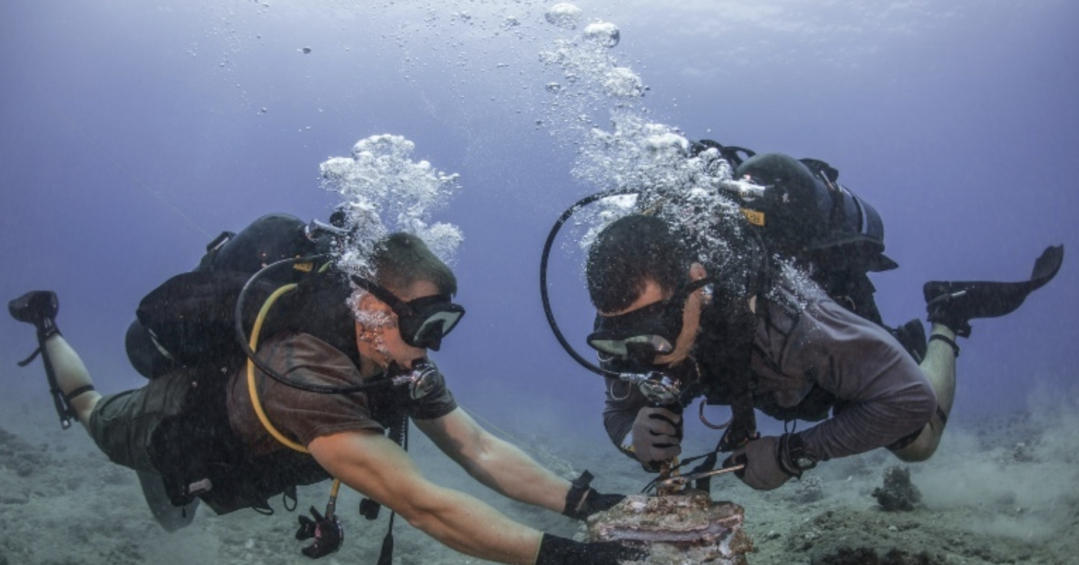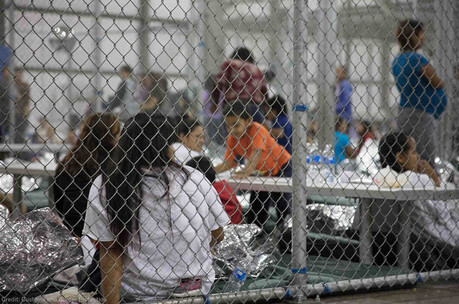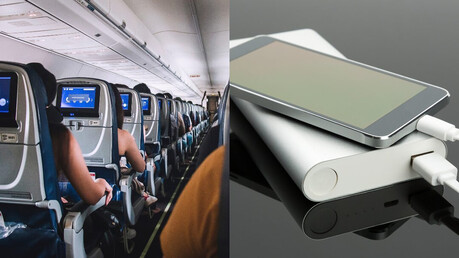
A large-scale internet outage has hit parts of the Middle East and Asia after a recent incident in the Red Sea where submarine communication cables were cut. The Houthi rebels, an Iranian-backed armed group in Yemen, are being blamed for the attack, escalating international tensions.
According to NetBlocks, an organization that monitors internet access, the incident has significantly degraded internet connectivity in several countries, including India and Pakistan. Major submarine communication networks, such as SMW4, which links Southeast Asia, the Middle East, and Western Europe, and IMEWE, which connects India, the Middle East, and Western Europe, were reportedly damaged. While the cable operators have not released an official statement, users in several countries, including the United Arab Emirates (UAE), have been complaining about slow internet speeds. Microsoft also acknowledged communication delays for its cloud service 'Azure,' confirming the impact of the Red Sea cable damage.
This incident has garnered even more attention as it occurred amidst the escalating conflict between Israel and Hamas. The Iranian-backed Houthi rebels, who support Hamas, have been attacking commercial ships in the Red Sea. The conflict between the two sides reached a peak late last month after a Houthi government official was killed in an Israeli airstrike.
Experts suggest that the Houthi rebels may have escalated their sabotage, including destroying submarine cables, in retaliation against Israel. The Houthi rebels had previously threatened to destroy submarine cables last year, and a similar incident occurred at that time, though they denied responsibility.
The repair of the damaged cables is expected to be difficult for the time being. The persistent threat from the Houthi rebels makes it difficult for repair crews to access the Red Sea area. Concerns are growing that the submarine communication cables, a vital part of the world's communication infrastructure, have become a target for the Houthi rebels, posing a serious threat to international trade and communication security beyond the Middle East.
The situation, where the Houthi rebels are attacking civilian communication facilities and continuing to pressure the international community, is sparking global controversy. The Red Sea incident has emerged as a new challenge that goes beyond a simple regional conflict, revealing the vulnerability of the global network and demanding a collective response from the international community.
[Copyright (c) Global Economic Times. All Rights Reserved.]





























